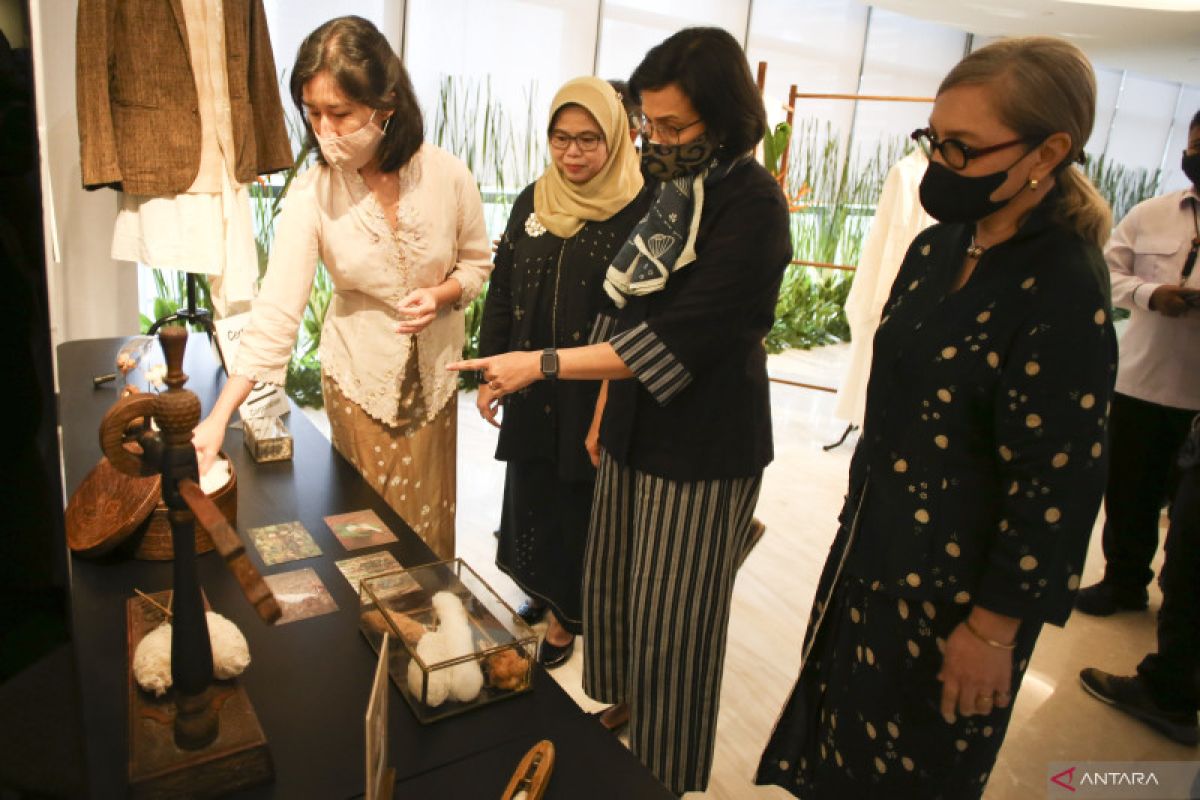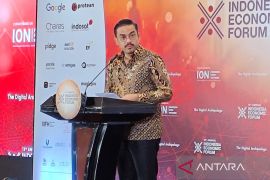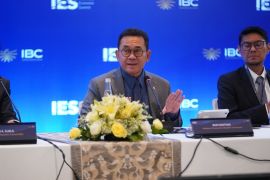"The financing challenges vary, ranging from limited access to financing, high transaction costs, collateral problems, unbalanced information, to limited access to markets and business networks," Suminto stated during the Annual Islamic Finance Conference (AIFC) as quoted from an official statement here on Friday.
Suminto emphasized the need for the government to effectively integrate the financing framework with the development of MSMEs.
He called to take into account four keys for empowering MSMEs through Islamic finance, including the need for a complete and solid empowerment framework, regulatory support, incentives, and the position of Islamic finance in the MSME ecosystem, involving youth and women in the efforts to empower MSMEs and conduct MSME development in a formal and clear manner.
On the same occasion, Director of DinarStandard Sayd Farook stated that Islamic technology-based financial companies are developing quite rapidly, especially for MSME financing.
The amount of financing for MSMEs by fintech is expected to grow, from US$79 billion in 2021, to US$179 billion in 2026.
"Currently, countries with the largest developments in Islamic technology-based finance are Saudi Arabia, Iran, Malaysia, the United Arab Emirates, and Indonesia," he remarked.
Meanwhile, Co-Founder and Group Managing Director of Ethis Group Umar Munshi also emphasized the importance of digitalization within the framework of waqf crowdfunding, zakat, alms, and distribution of working capital with the qard hassan scheme, or without interest or additional fees.
Related news: Access to financing for MSMEs should be ceaselessly improved: Minister
Related news: Some 17.2 million MSMEs entered digital market until January 2022
Translator: Katriana
Editor: Suharto
Copyright © ANTARA 2022












